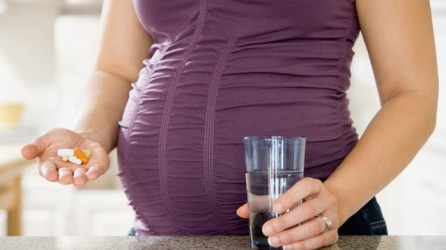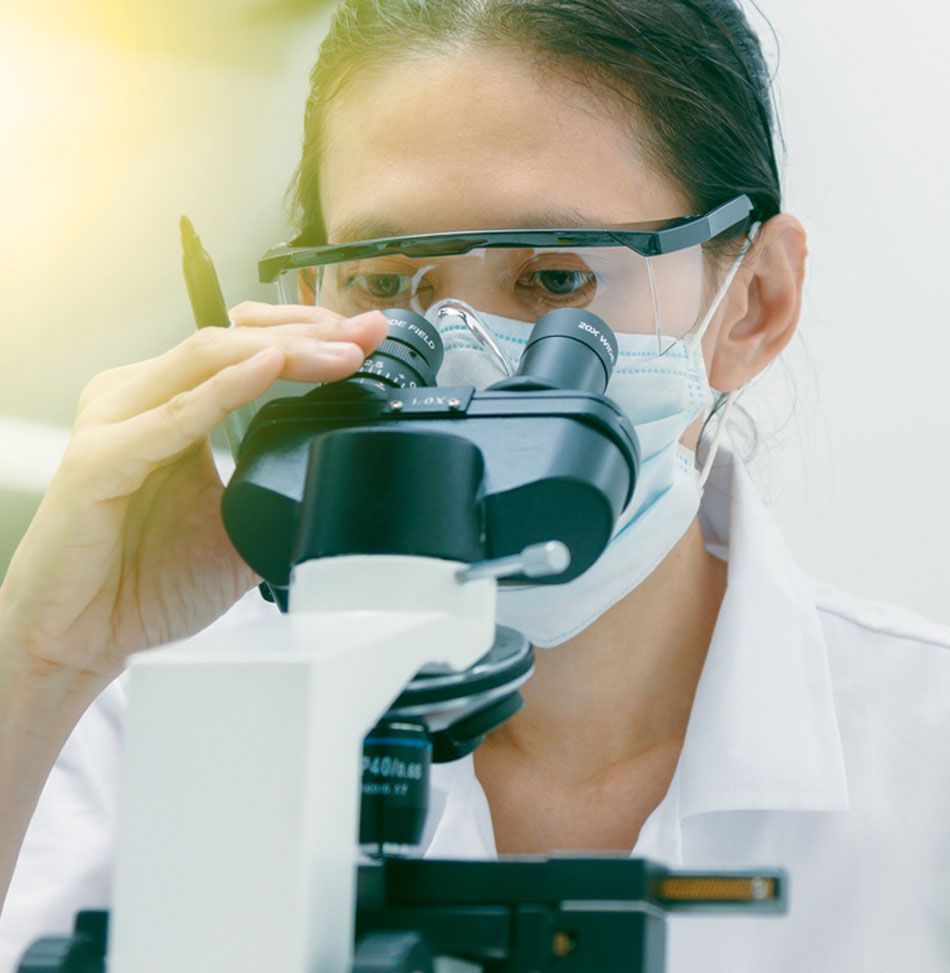Vitamins are organic compounds essential for normal cell function, growth and development. There are 13 essential vitamins: Vitamin A, C, D, E, K and the B series including B1 (thiamine), B2 (riboflavin), B3 (niacin), B5 (pantothenic acid), B6 (pyridoxine), B7 (biotin), B9 (folic acid), and B12 (cobalamin).During pregnancy, physiologic changes can result in increased plasma volume and red blood cells and decreased concentrations of circulating nutrient-binding proteins and micronutrients. Below is a quick guide for vitamin supplementation in pregnancy:
A Quick Guide for Vitamin Supplementation in Pregnancy
Vitamins are organic compounds essential for normal cell function, growth and development. There are 13 essential vitamins: Vitamin A, C, D, E, K and the B series including B1 (thiamine), B2 (riboflavin), B3 (niacin), B5 (pantothenic acid), B6 (pyridoxine), B7 (biotin), B9 (folic acid), and B12 (cobalamin).During pregnancy, physiologic changes can result in increased plasma volume and red blood cells and decreased concentrations of circulating nutrient-binding proteins and micronutrients. Below is a quick guide for vitamin supplementation in pregnancy:
| Vitamin viagra pas cherSupplementation | Function | Deficiency |
| Multivitamins and folic acid |
|
|
| Vitamin B6 (pyridoxine) |
|
|
| Vitamin C and Vitamin E |
|
|
| Vitamin D |
|
|
| Vitamin K |
|
|
The guidelines here are based on the recommendation from Royal College of Obstetricians and Gynaecologist (RCOG). However, eating a healthy, varied diet in pregnancy will help you to get most of the vitamins and minerals you need.
Pantai Premier Pathology – in support of healthy pregnant women.



